Best Timing for Rear Entry Door Replacement
Timing for rear entry door replacements depends on various factors including weather conditions, wear and tear, and the urgency of the need. Typically, replacement is recommended when doors show signs of significant damage, such as warping, rotting, or persistent leaks. Seasonal considerations also play a role; replacing doors during mild weather ensures proper installation and sealing without the complications of extreme temperatures or precipitation.
Visible damage, such as cracks, warping, or rust, indicates the need for replacement to maintain security and insulation.
Replacing doors during mild seasons prevents installation delays caused by extreme heat, cold, or rain.
Upgrading doors can improve insulation; timing it during seasons with high energy costs can maximize benefits.
Renovations or property upgrades often prompt door replacements to match new designs or improve functionality.

Image showing a door with visible warping and cracks.

Image illustrating a door being installed during mild weather conditions.
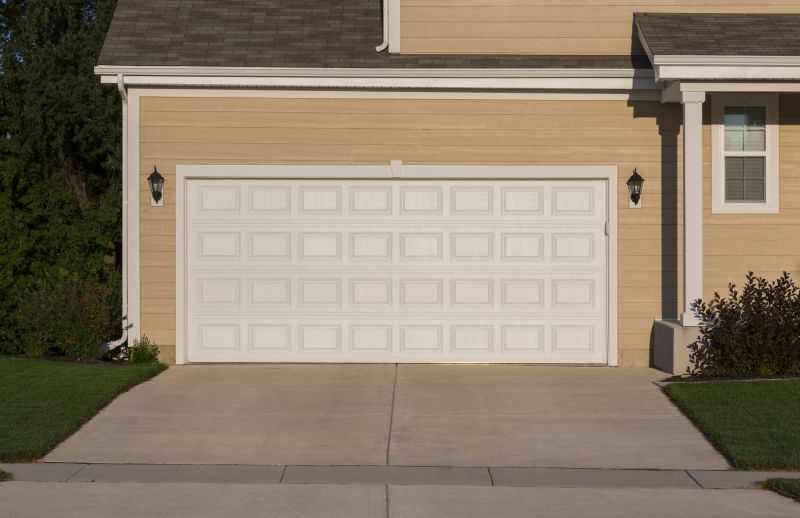
Image of a new, insulated rear entry door.

Image of a reinforced rear entry door with modern locking systems.
Rear entry door replacements are a crucial aspect of maintaining property security, energy efficiency, and aesthetic appeal. Proper timing ensures that the replacement process is smooth and effective, minimizing disruptions and maximizing the benefits of the new installation. Regular inspection can help identify the right moment to proceed, especially when signs of deterioration become evident. Choosing optimal weather conditions for installation can also enhance the durability and performance of the new door.
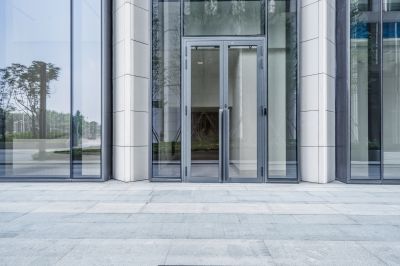
Image of a modern, insulated rear entry door.
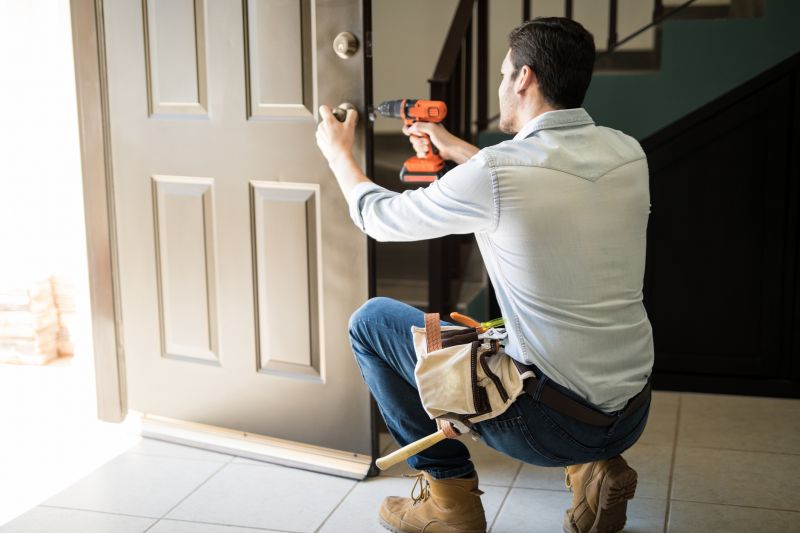
Image showing professionals installing a rear entry door.
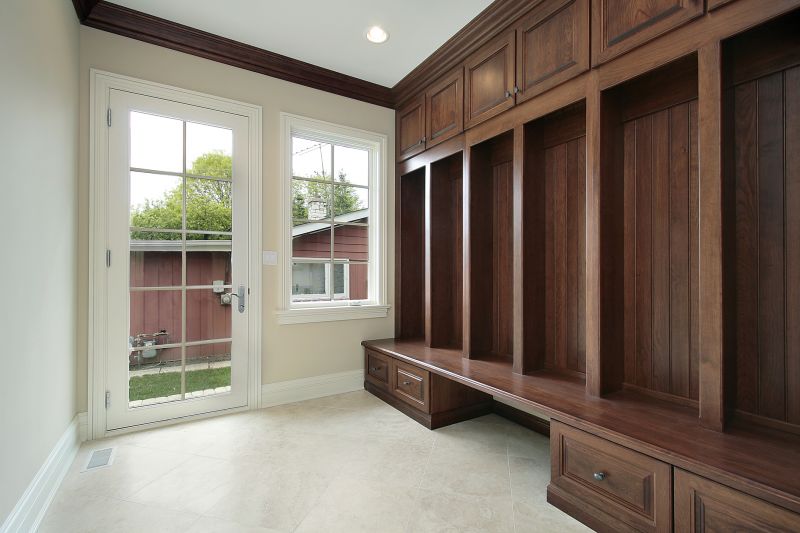
Image depicting an outdoor scene with clear weather ideal for installation.
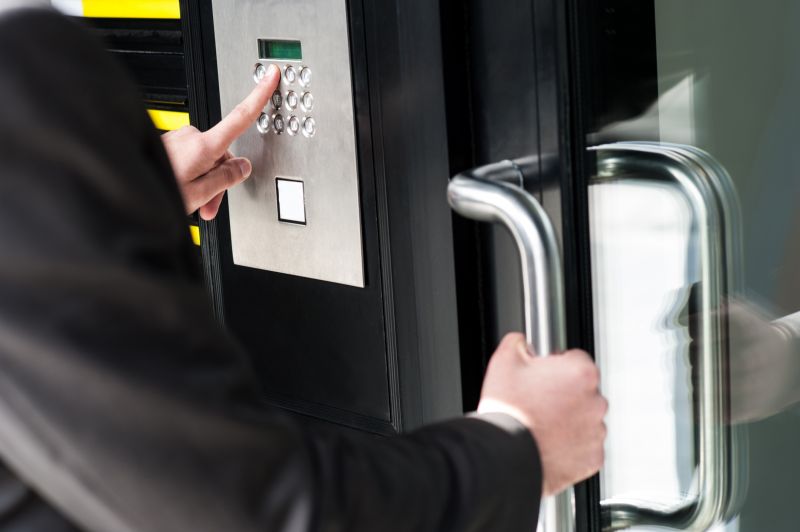
Close-up of advanced locking mechanisms on a rear entry door.
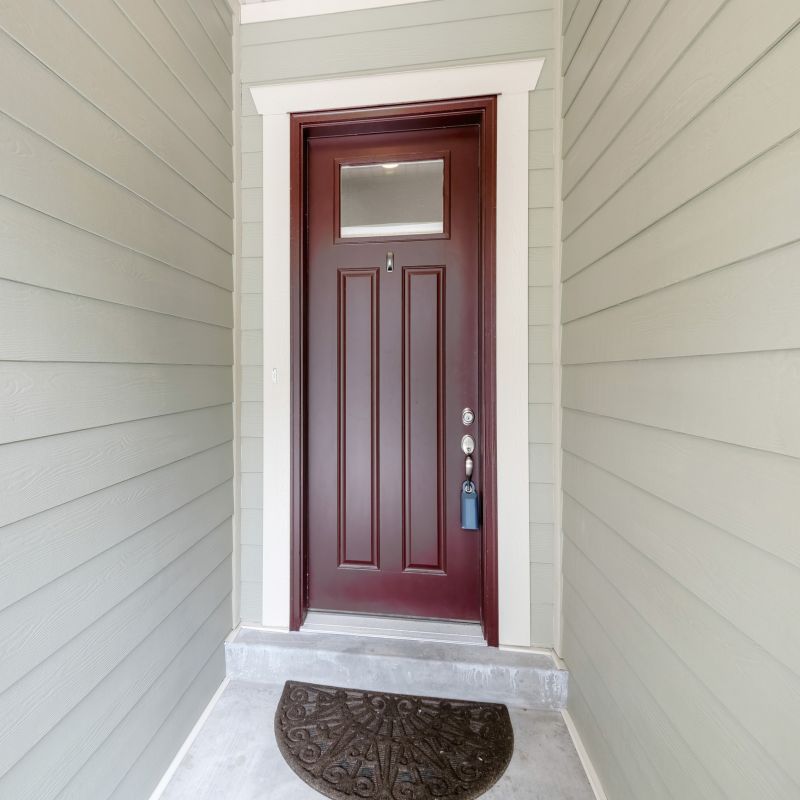
Popular materials for Rear Entry Door Replacements and why they hold up over time.
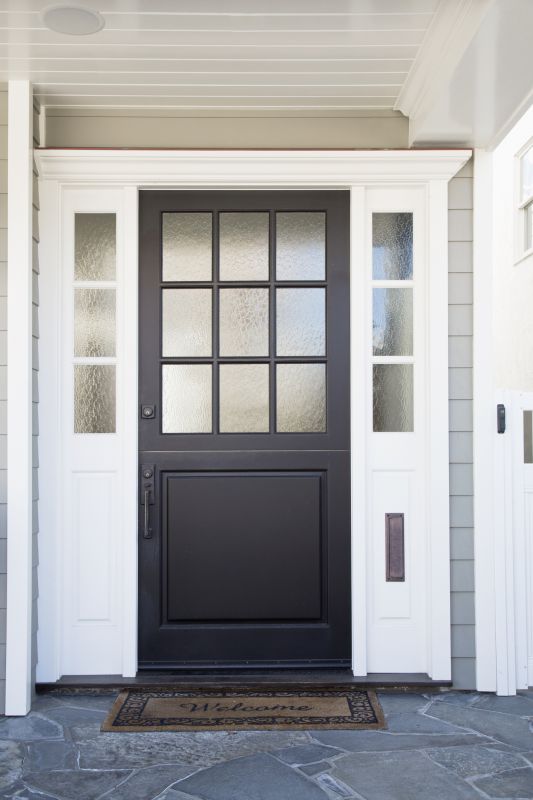
Simple add-ons that improve Rear Entry Door Replacements without blowing the budget.
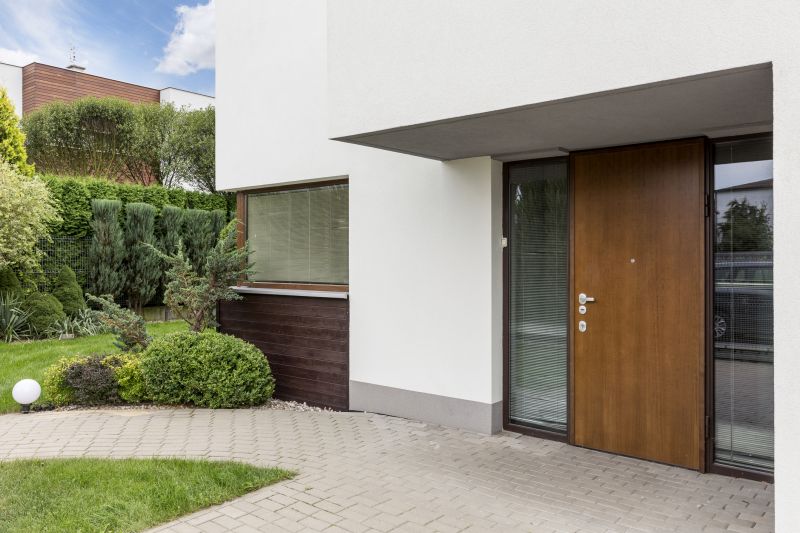
High-end options that actually feel worth it for Rear Entry Door Replacements.
| Factor | Optimal Timing |
|---|---|
| Visible Damage | As soon as damage is noticeable |
| Weather Conditions | Mild seasons with moderate temperatures |
| Energy Efficiency Goals | Prior to high energy cost seasons |
| Property Renovations | During renovation schedules |
| Security Concerns | Immediately upon damage or security breach |

Image of a newly installed rear entry door with modern design.
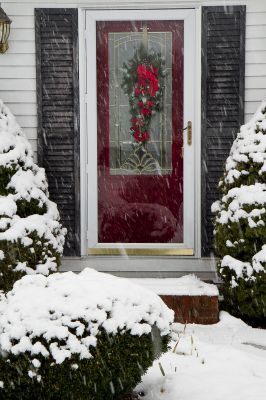
Image illustrating a calendar with optimal installation months marked.
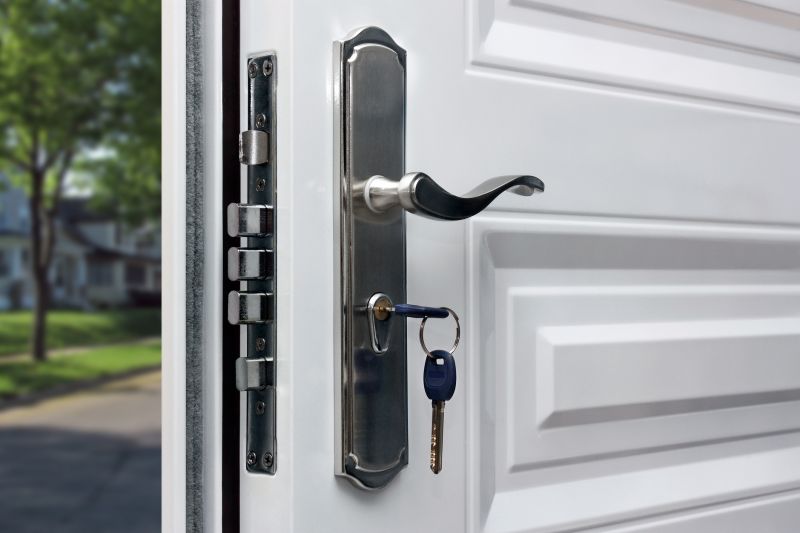
Image showing a reinforced door with modern security hardware.
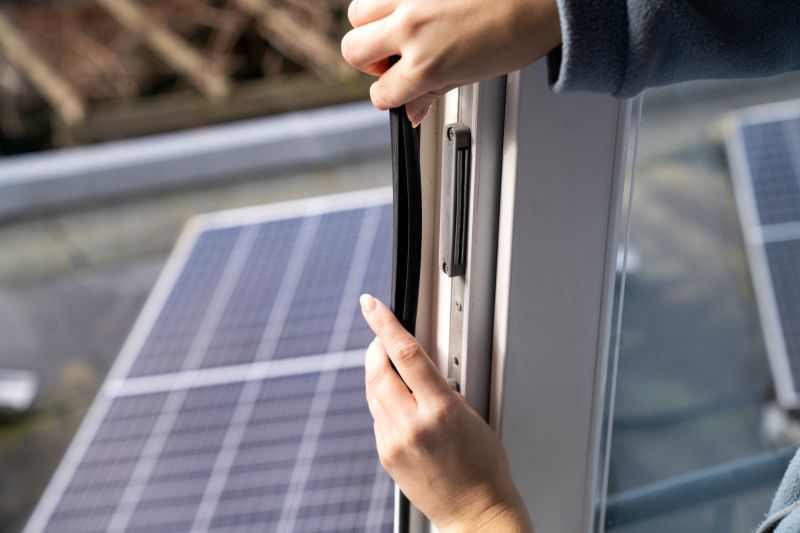
Image of a property with insulated doors highlighting energy efficiency.
Interested in upgrading a rear entry door? Filling out the contact form can provide guidance on the best timing and options tailored to specific property needs. Proper planning ensures a smooth replacement process and long-lasting results.
